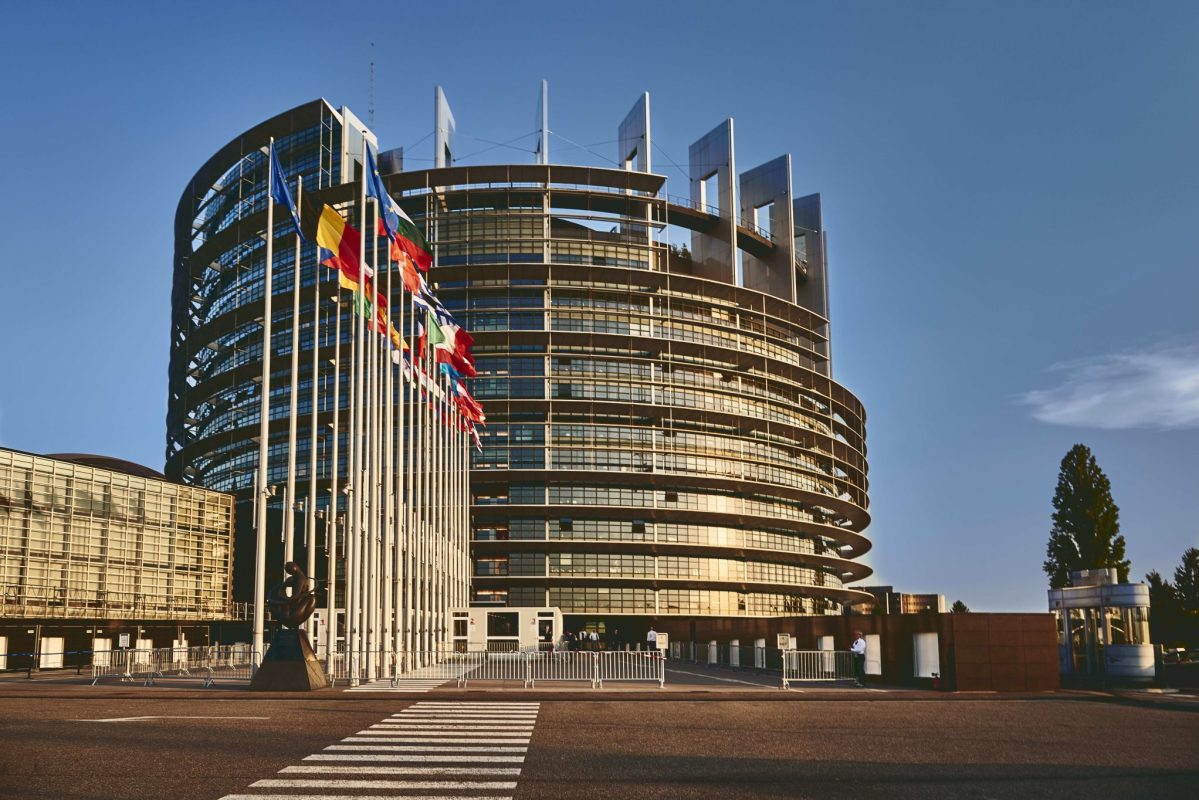Blog
How European Business Leaders are Tackling Climate Change
As the urgency of addressing climate change mounts, European business leaders are demonstrating their commitment to sustainable practices and adopting innovative solutions to combat this global challenge. The European Institute of Leadership and Management acknowledges the pivotal role of these leaders in the fight against climate change. This article explores the various strategies that European business leaders are employing to mitigate the impacts of climate change.
1. Committing to Net-Zero Emissions
Many European business leaders are making firm commitments to achieve net-zero carbon emissions. Companies across a variety of sectors are setting ambitious targets aligned with the Paris Agreement’s goal to limit global warming to well below 2 degrees Celsius. These commitments are driving operational changes, from investing in renewable energy sources to reducing waste and increasing energy efficiency.
2. Adopting Circular Economy Models
A shift towards circular economy models is gaining momentum among European businesses. This model minimises waste through the continual use of resources, presenting a sustainable alternative to the traditional linear economy of ‘take, make, and dispose’. Business leaders are pioneering this transition, introducing innovative strategies such as recycling, reusing, and remanufacturing to create closed-loop systems.
3. Leveraging Green Technology
European business leaders are capitalising on the power of green technology to reduce their carbon footprint. These technologies range from renewable energy systems and energy-efficient devices to AI-enabled platforms that optimise resource usage. By investing in and adopting green technology, leaders are demonstrating their commitment to tackling climate change.
4. Promoting Sustainable Supply Chains
Sustainability is increasingly being integrated into supply chain management. European business leaders are demanding greater transparency and implementing stricter environmental standards for their suppliers. This has resulted in greener supply chains that reduce carbon emissions, minimise waste, and promote ethical labour practices.
5. Engaging Stakeholders in Sustainability Initiatives
Business leaders are acknowledging the importance of engaging employees, customers, investors, and other stakeholders in their sustainability efforts. They are creating platforms for dialogue and collaboration, fostering a culture of sustainability within their organisations, and building consumer trust through transparency and accountability.
6. Advocating for Green Policies
Many business leaders are not just limiting their efforts to their own companies. They are using their influence to advocate for climate-friendly policies at the national and international levels. They are engaging in constructive dialogue with policymakers, pushing for more robust environmental regulations, and participating in global forums to drive collective action against climate change.
In conclusion, European business leaders are taking a proactive approach to climate change, utilising a mix of strategies to reduce carbon emissions, promote sustainability, and drive systemic change. Their actions serve as a powerful reminder that businesses can, and should, play a critical role in the global fight against climate change. The path ahead is challenging, but with determined leadership and innovative approaches, a sustainable future is within our reach.

